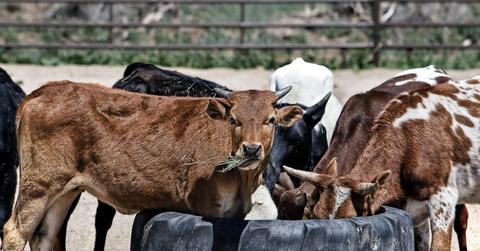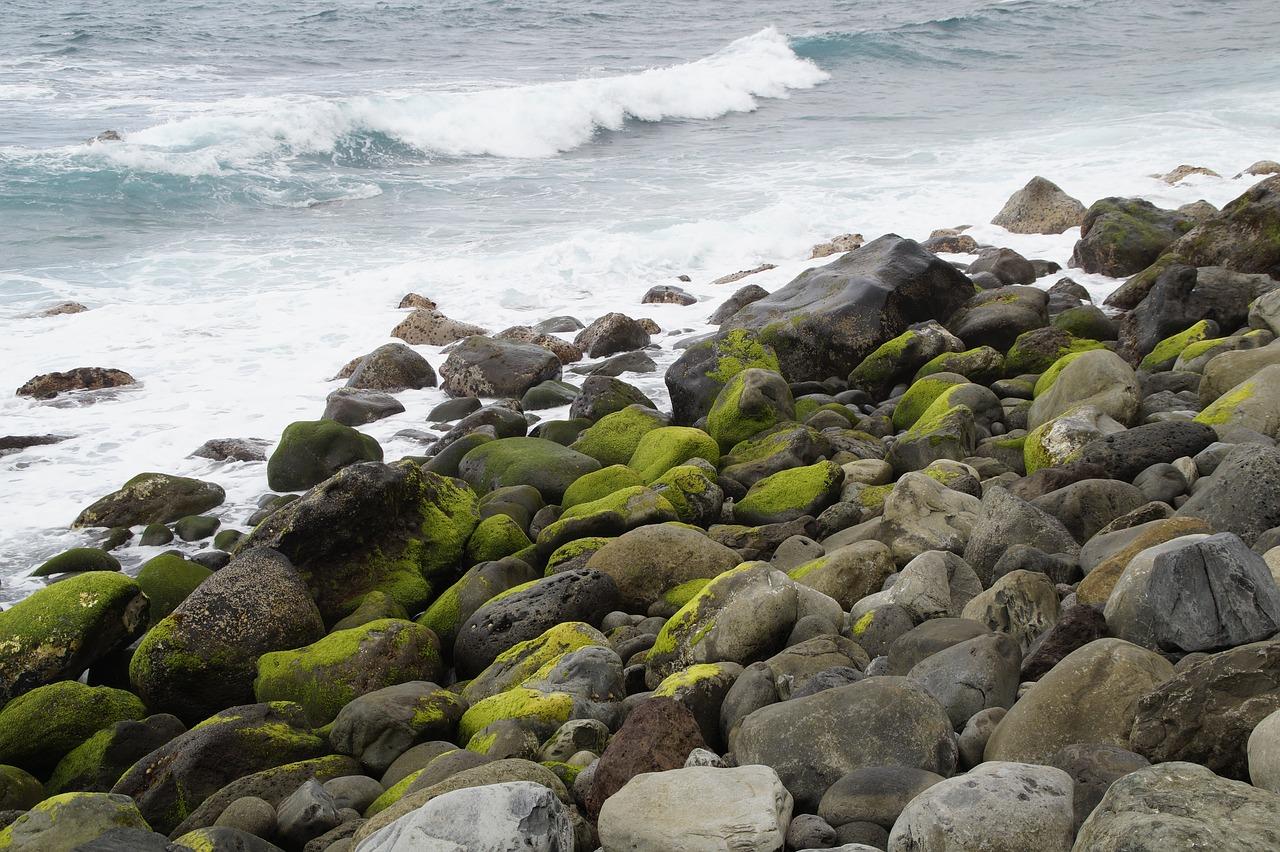Why Feeding Livestock Insects Could Help Save The Planet
The UK World Wildlife Fund has released a report detailing that we eat more protein that required, which leads to more deforestation for feed growth. Solutions to this problem include limiting our diet and giving animals sustainable alternatives.
Updated May 25 2019, 5:28 a.m. ET
Would you ever resort to eating insects and algae to prevent deforestation? Turns out that algae could be a tremendous health food. Most importantly, both of these sources could ease up on waste that’s created from feed for industrially-farmed animals.
The World Wildlife Fund in the United Kingdom released a report on how the world’s resources are used inefficiently to create feed for animals. It’s directly linked to the average consumer eating more protein than they need per day. Nutritional guidelines have us eating anywhere from 45 to 55 grams of protein, but instead many of us eat up to 90 grams on average daily -- over a third of that is meat products.
To keep up with demand, this has put an increase in growing feed for animals, such as soy fields. This has led to there being three times as many turkeys, geese, ducks, and guinea fowl on the planet than humans. Yes, we produce enough food to feed the entire world, yet there’s still too many places that suffer from world hunger.
All of this has been linked to 33 species becoming extinct in the United Kingdom alone. The trend is only going to get worse as the population increases, and the WWF believes that a change in both production and consumption must be done. One of those ways is by feeding animals differently.
Instead of growing soy and maize, alternatives such as seaweed and insects could be used. This wouldn’t compromise the nutritional value of animal consumption. Flies, crickets, and other insects could even replace up to 50 percent of fish feed, another source that’s caused heavy deforestation.
“Trials to date [on algae] have shown positive impacts on both livestock nutrition and aquatic environments,” the WWF UK report explains. “Insects can produce the same amount of edible protein as soy and animal products, with less land, lower greenhouse gas emissions and similar amounts of energy.” Animal health remained positive or even improved based on those trials as well.
While this would be a great start to improving deforestation, there would still be the human requirement needed. It’s up to us to monitor our diets better and stick with the recommended amount of protein required. If we simply cut back on protein alone, agricultural land would decline by 13 percent worldwide -- that’s over 1.6 billion acres.

